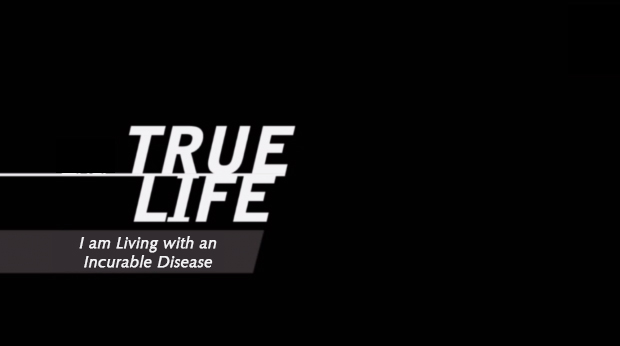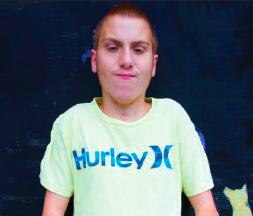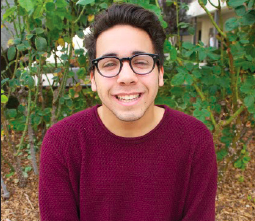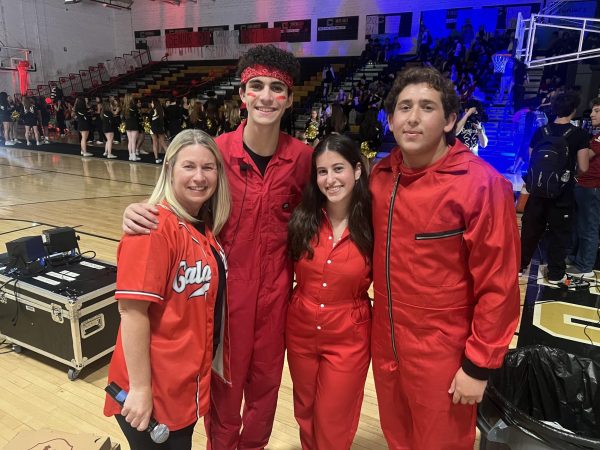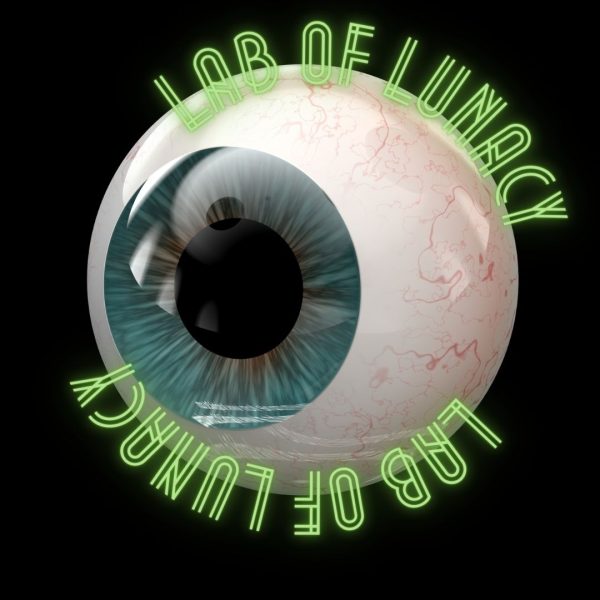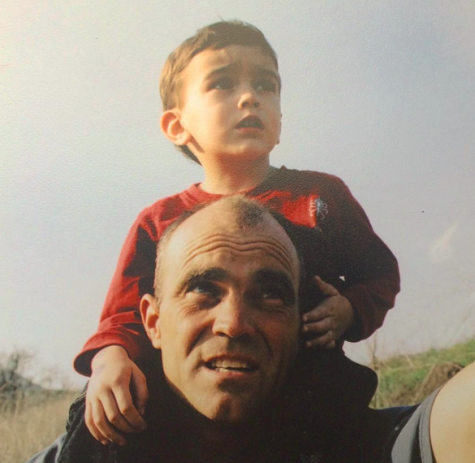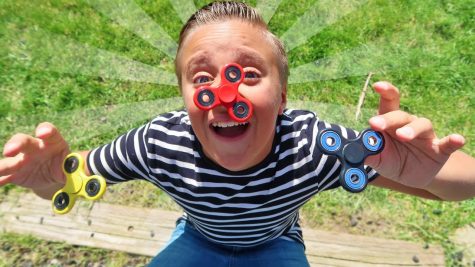True life: I am Living with an Incurable Disease
Similar to the MTV televison series, True Life, students at CHS experience difficult challenges that shape the course of their lives. The Calabasas Courier has decided to explore how some students deal with living with incurable disease and how it has impacted their outlook on life. Read their stories below.
Griffin Horwitz
Needing a wheelchair does not stop senior Griffin Horwitz from living a normal life. When he was born, Horwitz was diagnosed with Gordon Syndrome. This genetic disease affects the body’s ligaments and hardens them so they are not able to bend. Horwitz’s wrists, ankles and other joints have never functioned properly. Despite his adversities, he always remains positive. Horwitz will not let his physical struggle stop him from living his life to the fullest.
“I accepted my disability as something I cannot fight against, but rather learning to live with it,” said Horwitz. “Over the years I have adapted to be able to do things I could not have done.”
Horwitz does not allow this disability to characterize his personality, and he refuses to succumb to any physical weakness that Gordon Syndrome entails. While growing up, Horowitz learned that his life will contain struggles. However, he is able to overcome any obstacles life throws at him with strength.
“It is up to me to become friends with people, and as people start to get to know me, they open up and start to treat me like a normal person,” said Horwitz.
One of the most difficult challenges for Horwitz is gaining acceptance from other people. Horwitz often finds his peers judging him without getting to know him. People tend to think he has a mental disability because he is in a wheelchair, but this is far from the truth. Horwitz is just as capable of participating is school as every other student.
“My life, due to my disability, has been full of trials that test my will and determination,” said Horwitz. “But [I’ve learned] to never surrender to disabilities. Let them not be chains but let them be wings.”
Horwitz will not allow his disability to hold him back from opportunities. He is just as much of a teenager as anyone else and hopes others will be able to understand and accept him for who he is.
Horwitz’s main inspiration is himself because he can look back at past challenges that he has overcome for proof that he can jump the next hurdle. He knows he will be able to overcome anything he needs to. Horwitz has never let Gordon Syndrome define him as a person.
“It is always darkest before the dawn, and that is what I remember to help me push forward,” said Horwitz.
The struggles he faces throughout his life are just a prequel to a successful future, and Horwitz remembers this during his darkest hours. Not all people will understand his troubles, but sympathetic friends and family will help Horwitz overcome any obstacles blocking his path to greatness. His optimism and hope will take him far in life, something his disability will not be able to hinder.
“Many times I wanted to give up because the stakes were too high for me to reach,” said Horowitz. “But the biggest lesson I learned from my life is that no matter the odds, the only way through the darkness is to keep pushing forward into the light.”
Jackson Manhan
High school is an intense environment where success requires more than just a textbook. Any high school student will agree that friendships, family and extracurricular activities are equally as important as academic achievements. On top of these time-consuming commitments, junior Jackson Manhan had to add one more concern to his student life: his Attention Deficit Hyperactivity Disorder (ADHD). Like many others, Manhan has had to overcome the adversity of ADHD to progress and thrive at CHS.
Throughout his whole life, Manhan’s ADHD has made it difficult for him to stay focused. By having trouble concentrating, he also has difficulty reading and taking tests in class. Even as these obstacles affect three to five percent of the population each day, Manhan still feels as though the condition is not taken seriously, despite the scientific evidence validating the disease.
“People diagnose themselves with ADHD because it is difficult for them to focus, but it is a bigger deal than they might think,” said Manhan. “It’s not something to brag about.”
Despite these frustrations, Manhan is very proactive when it comes to dealing with his ADHD. He does not use his ADHD as an excuse to not work hard in school. Manhan is committed to taking advantage of outside help and has discovered that being able to have one-on-one time with teachers during the support period at CHS is extremely beneficial.
“Students with ADHD do need outside help,” said Manhan. “Teachers spending more individual time with students is a great advantage.”
While he denounces the use of “focus products,” such as the popular “focus drinks” as ineffective in controlling his symptoms, Manhan prefers holistic treatment rather than medication. He declares that educational therapy has been incredibly helpful in giving him tips on how to overcome his academic difficulties, including breathing methods that will get him into a focused mind-set before a test.
“I always have to tell myself to focus, because it is not something I can do on command,” said Manhan. “I take deep breaths before tests and I have to make sure that I am in a prime focus mode.”
By taking these extra steps to focus, Manhan has been able to triumph over his condition. He is achieving success not only in his classes, but also on the stage. Manhan has been doing theater for many years, and is a part of CHS’ theater program where he stars in various featured roles in the main stage productions. By chanelling his untapped energy, Manhan is able to bring a unique and enjoyable spunk to each of his characters and performances. Looking back at these multiple accomplishments on stage and off, Manhan has been able to realize how fortunate he truly is compared to many others who have not been granted the same advantages.
“My ADHD has made me think about how lucky I am to not have a more aggressive disease,” said Manhan. “I’ve definitely become a more positive person because of it.”
Your donation will support the student journalists of Calabasas High School. Your contribution will allow us to purchase equipment and cover our annual website hosting costs.


